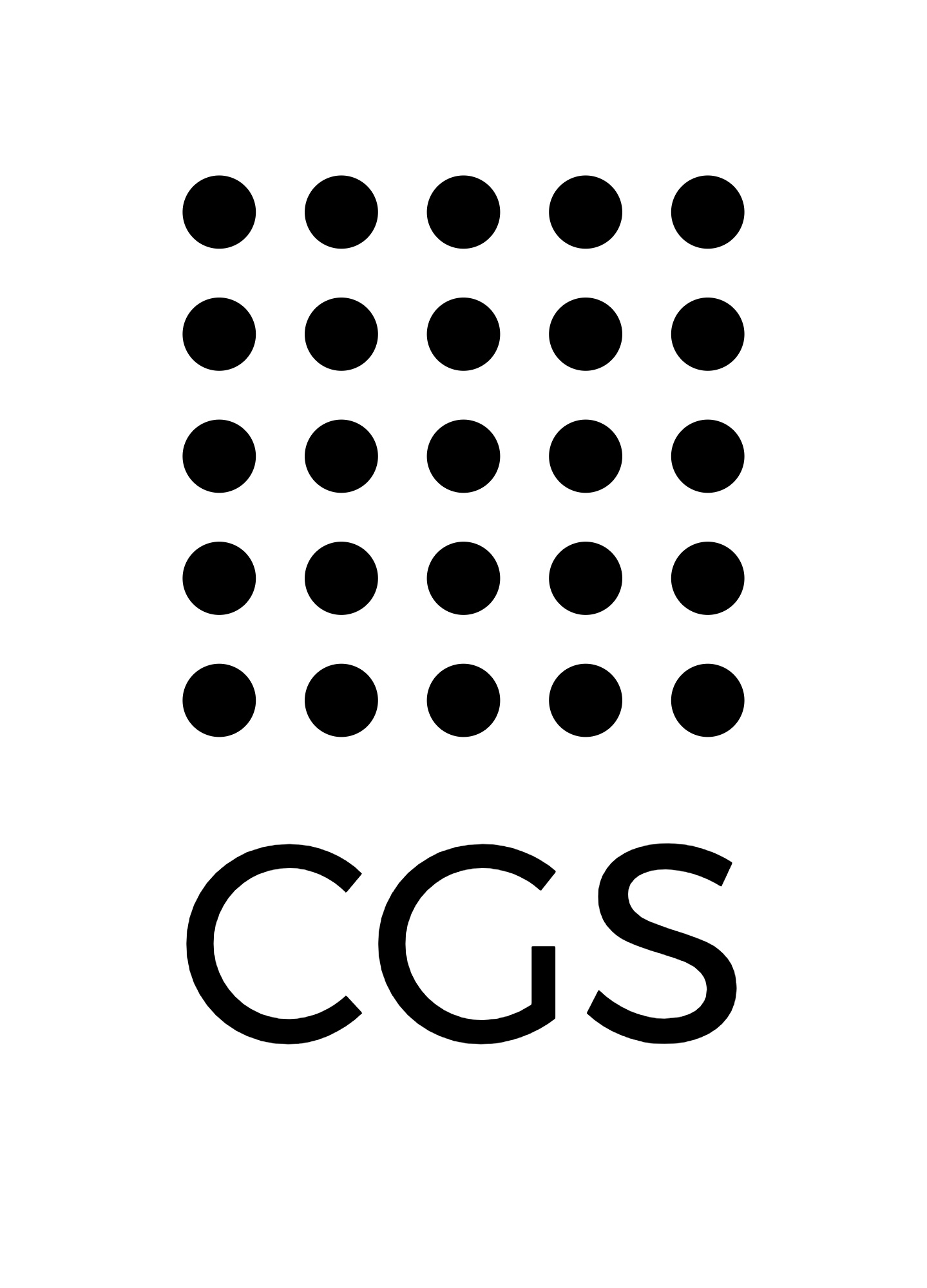Owning privilege, seeing oppression.
Many thinkers encourage a gratitude practice in order to help us value what we have. Prof Taiwo helped us take it one step further by narrowing in on our unearned privilege. In naming it, I found my gratitude hit maximum levels, and was accompanied by a surge in empathy for those who suffer oppression.
Here's my reflection on how specific times in my life gave me an enhanced awareness of my privilege, and how inequity shapes all of our lives. I am learning to spend less time feeling guilty and more time using my privilege to help others.
Smith Reflection 2: Critical incidents leading to increased awareness of privilege, inequity
As discussed in class, privilege is invisible unless one doesn’t have it, or it’s taken away. Here are a few examples from my life that demanded I adopt an AOP/anti-privilege stance.
1. Economic privilege: Moving from a WASP-y private school to a large, urban, public high school, I became friends with kids from different backgrounds and got to know their families and neighbourhoods. I couldn’t believe how insulated and oblivious to privilege/oppression I had been (and people can be), and this inspired me to become politically engaged. Also, the poor quality of public education helped me understand why in Finland, private school is against the law, as it means educational resources are not distributed equitably. In Canada I saw first-hand the myth of equal opportunity in education for what it is – a myth.
2. Cultural imperialism: At age 18, privileged but inadequately self-funded, I travelled to Morocco, dependent on local families for room and board. First, I lived with a Berber family in a small village in the Atlas mountains and conformed to the gender norms of the group – confined to the kitchen, cooking and cleaning, serving men. While men were in charge, women had a culture and a universe all their own, despite the strict confines in which they lived. I learned not to impose my Western, feminist cultural values on these women, and to learn about resilience and flourishing in an “oppressive” environment.
3. Racially-motivated sexual objectification: Next I stayed with a wealthy political family and attended the wedding of their 12-year-old daughter to a 42-year-old man. To me that seemed like child abuse, but in her mind it was an honour. As a minority, both in the culture and at the wedding, I was duly stereotyped. White women were believed to have lose morals and to be sexually promiscuous, and several men proposed marriage to me. One went so far as to write to my father and to offer him four goats in exchange for my hand in marriage.
4. Systemic Racism: In high school, both my best friend and boyfriend were African Canadian. When I chose to attend Dalhousie University in Halifax, both refused to visit. Ever. Because of my privilege of not needing to know, I did not understand what a racist province Nova Scotia is. In history class, the Black Loyalists were taught as though Canada had always been anti-racist. I asked questions in Halifax, learned about Africville and communities like Preston, allied with black and Mi’kmaq students, and worked against systemic racism.
5. Xenophobia: In France, my family’s master category became “immigrant.” The inhumane immigration system gave our family a first-hand appreciation for oppression immigrants face. The state demanded redundant medical testing and details of our personal and financial lives, extracted money for “filing fees,” discriminated on the basis of language (France doesn’t provide literature for immigrants in a variety of languages, making it near impossible to have one’s paperwork in order), and discriminated against our kids at school. The kids were ‘othered’ and directed to programs for disadvantaged kids, taunted and bullied in the playground. There was no support for the 20% of students who don’t speak French as their first language. Eventually we were thrown out of the country for a technicality on our visa renewal, threatened with arrest and deportation if we didn’t leave within 10 days.
I could continue. I find ageing a gift as I have had so many experiences on which I can draw for my work, particularly around social justice, privilege and oppression. As mentioned in class, privilege allows me to safely work toward change, ask questions, and shift peoples’ ideas.
Remember when I wrote “I could continue…?” It went well over a half-page, so I’ve buried it here.
6. Sexism and Misogyny: During my teens I began to experience sexual assaults. In the workplace, I experienced sexual harassment. Despite being a feminist, I felt powerless to change the circumstances in which I was needed to work and experienced victim-blaming first-hand. #metoo
7. Homophobia: During my university years, I came out as queer and experienced oppression directly, through violence, discrimination in housing and services, and political oppression. I learned techniques for activism and resistance, and though my relationship circumstances have changed, I continue to identify as queer. Interestingly, not all my Black and Mi’kmaq friends were allies to the GBLTQ2 movement.
8. Ableism: In early 2014, I was hit by a car, and became temporarily disabled. I already had disability awareness (and particularly in France where few accommodations are made for any disability). As I age, I understand that most of us are likely to enter the realm of disability at some point in our lives.
